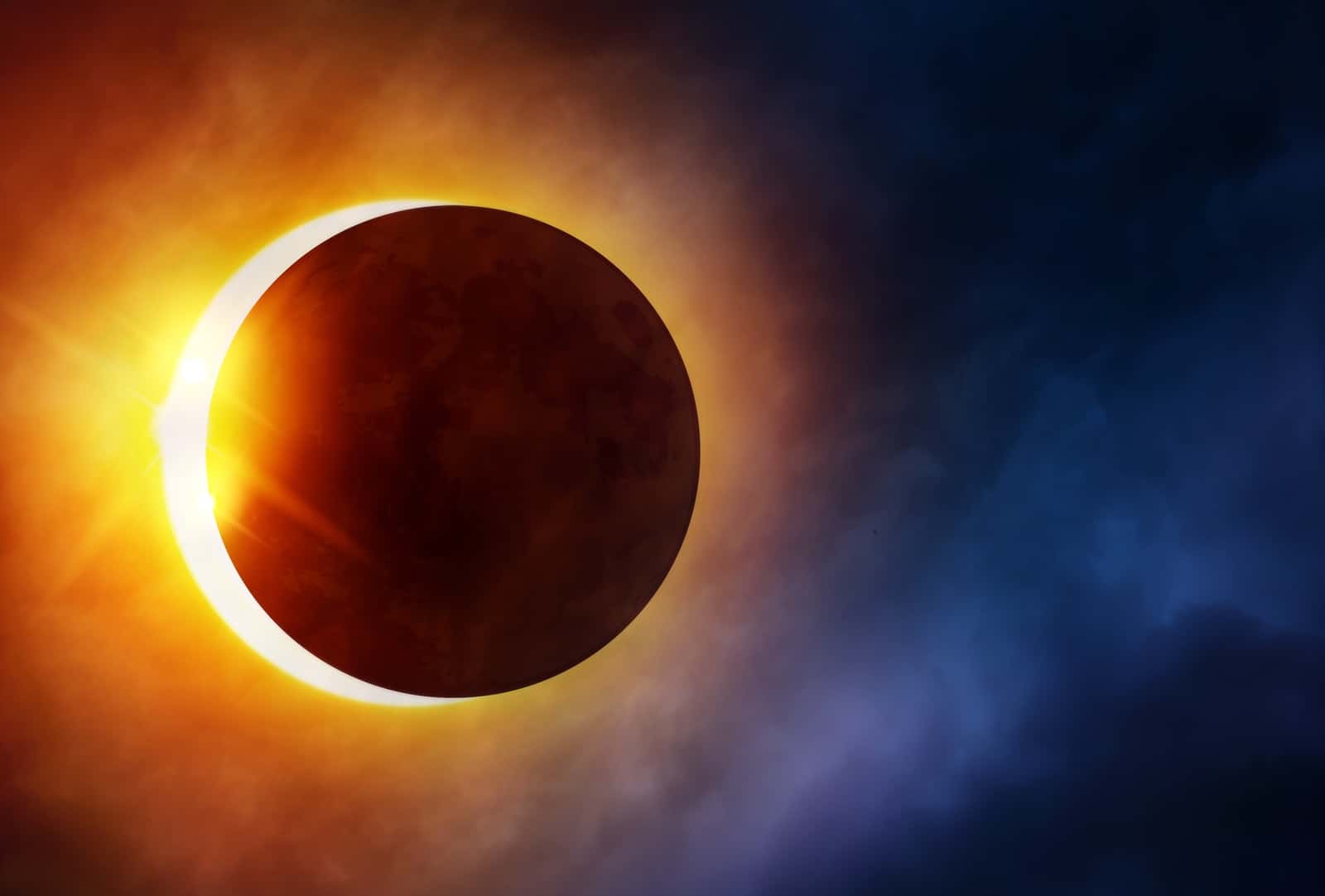A total solar eclipse will cross North America on Monday, April 8th, and — despite what fossil fuel shills will claim — it will have a minimal (if any) effect on grid reliability. The eclipse happening in shoulder season helps (because there won’t be high electricity demand for cooling or heating), but this event also highlights the benefits of integrated battery storage, interconnected grids, the skill of grid operators at managing resources, and renewables’ predictability when it comes to ensuring overall grid stability.
Key Points to Consider:
- The eclipse is really not that huge of a (solar energy) deal. In addition to approximately 4 minutes of total eclipse along the path of totality, there will be about 2.5 hours of partial coverage — essentially amounting to a sunset and sunrise in the middle of the day. Of course, any impact on solar output will be less outside of the relatively narrow path of totality.
- None of the grid operators in the path of totality expect any problems. From New England to Texas, to PJM and MISO, the nation’s affected grid operators are prepared for the eclipse and do not anticipate any shortfalls.
- Interconnected grids and renewable energy help maintain stability during unusual events. It’s not hard to understand that generating power in lots of different places and being able to share those electrons across wide distances can smooth out supply and demand variations in any particular place. Connecting regional grids and building out electricity transmission infrastructure can provide crucial reliability during extreme weather events.
- Compare how “Winter Storm Elliot” was managed in 2023, to how Texas’ walled-off grid failed catastrophically in 2021 and couldn’t bring in electricity from outside the state after gas plants there failed because they refused to heed 10-years of winterization warnings.
- Fossil-burning power plants are less reliable than many grid operators assume while renewables are keeping the lights on (and air conditioners running) and even outperforming expectations.
Where do we go from here?
Be on the lookout for fossil fuel boosters and allies using the eclipse as an excuse to attack renewable energy. In the meantime, please use our backgrounder on grid reliability as it’s relevant to your communications on this subject.


